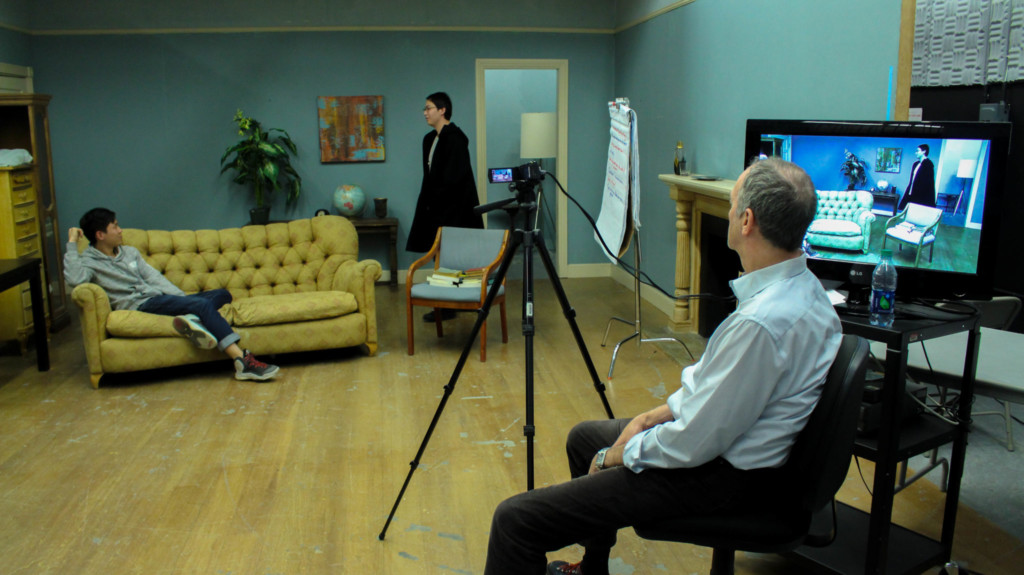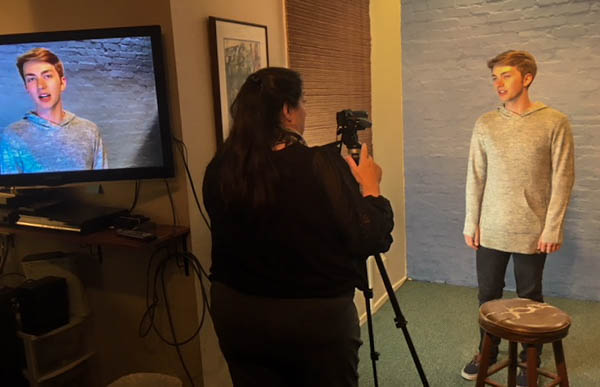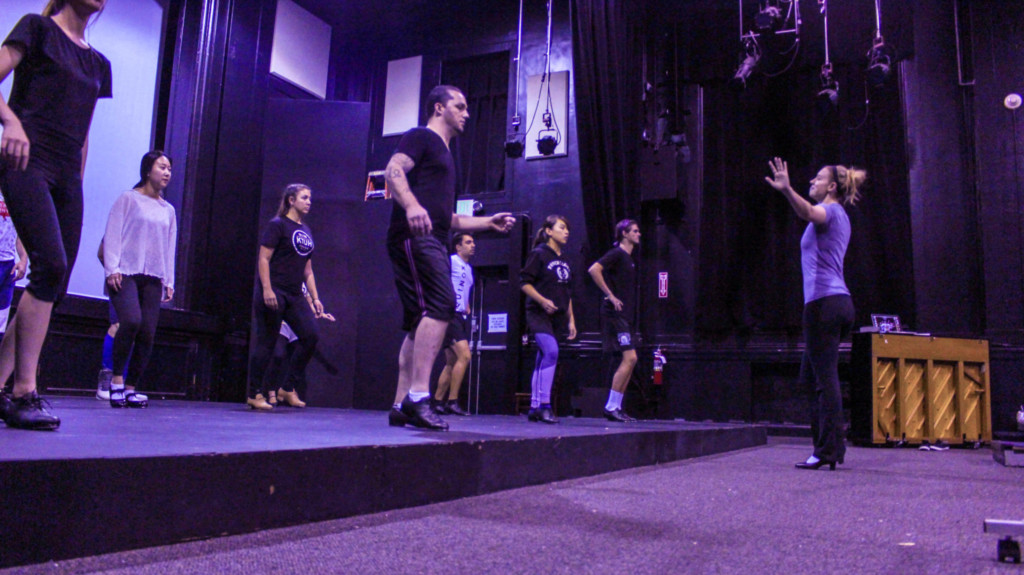Stage vs Screen: Key Differences You’ll Learn in Acting School
Looking to pursue a career in acting? Want to make it big in Hollywood or Broadway theatre? If you’re serious about it, you might as well consider going to acting school to get started.
If you envision yourself starring a role on stage one season while working on a major motion picture the next, it’s essential that you first understand the differences between delivering a stage performance and acting for the silver screen. A good program can help you better prepare for both.
Without further ado, let’s take a look at the major differences between screen and stage acting.
Staging Production
Starting with the most obvious difference first: the environment of the performance. Whether it be screen or stage acting, the setting not only enhances the visual experience but also adds depth and meaning to it.
Behind the Scenes Set-up
Stage performances are usually confined to a finite space such as a theatre with stage props and set-up that indicate different environments.
On the other hand, film performances can occur in a multitude of environments, including outdoor locations and indoor film sets. Depending on the environment, actors and actresses must adapt to their surroundings to portray their characters fully.
Technical Production
Due to the variation in environment, screen and stage acting is carried out very differently from each other. The technical execution of both mediums present unique acting challenges and transforms the performance experience for the audience and performers.
Audience Proximity


If you’ve attended a theatre performance, you’d know that the audience is either close to the actors or far from them. Stage performers must exaggerate sound and movement to allow those in the farthest rows to hear and understand the production. However, film actors only play to the cameras and microphones on set, so they act as naturally as their characters.
Voice and Visuals
As opposed to the staged or outdoor shooting locations for film productions, theater performances feature backdrops, curtains, and lighting design. Stage performers not only amplify their voice but also apply strong, dramatic make-up to make their roles more visually prominent.
On the other hand, film actors and actresses speak in their normal volume to dress and behave like their roles. Similarly, their costumes are all achieved in an effort to blend better with their characters.
As with stage performers, however, actors have to wear strong make-up that will register well on camera. Being under harsh lights for long periods of time also require a good foundation for these make-ups so that minimal touch-ups will be needed.
Showtime
Although both are acting roles, the execution of performance is very different because of the staging and technical production. Stage actors and actresses perform in front of an audience, so being able to interact with the audience is key.
Whether it be performing with partners or delivering a monologue, they invite the audience to be part of the performance. Film performances emphasize smaller and more intimate performances that resemble closer to the audience’s lives.


Performance
The main difference between film productions and stage performances is that one is recorded and the other is live. Film productions usually shoot scenes repeatedly or out of order, prompting the performers to be flexible and adaptable to different situations.
Contrastingly, stage performances require long hours of rehearsals and practices to execute flawlessly in front of a live audience. There is no “lights, camera, action” or any chances to reshoot scenes from a play. Once they’re on stage, they’re expected to perform long sequences from beginning to end with small breaks in between scenes.
Acting Degree
Now that we’ve gone through the differences between stage and film performances, have you decided which one you prefer? Luckily, those attending acting school don’t need to pick one or the other unless they choose to do so. It’s possible to work in both mediums as an actor as long as you work hard to develop separate skill sets.
Here at Academy of Art University, we provide classes for movement, voice and acting training in stage and film. You’ll walk out of the classroom with training for both mediums and a wide network to create industry relationships. Visit our acting school to learn more about how you can become a versatile performer on stage and in films.



